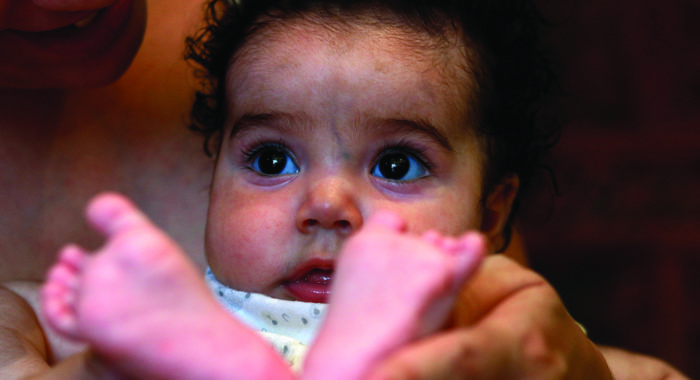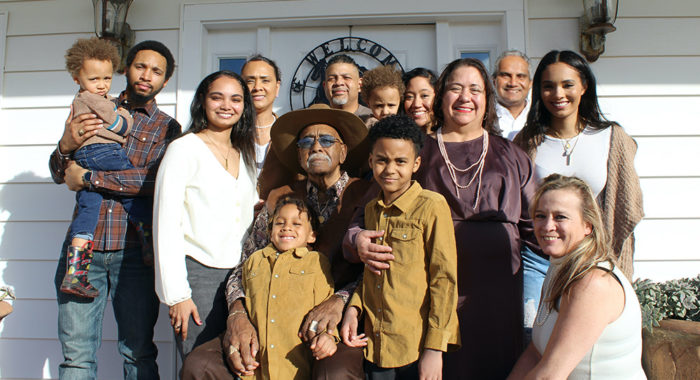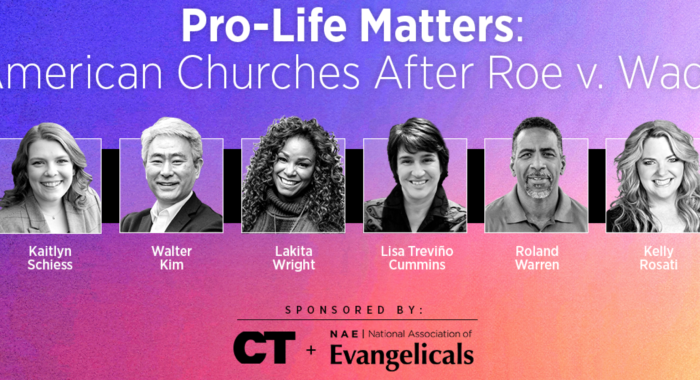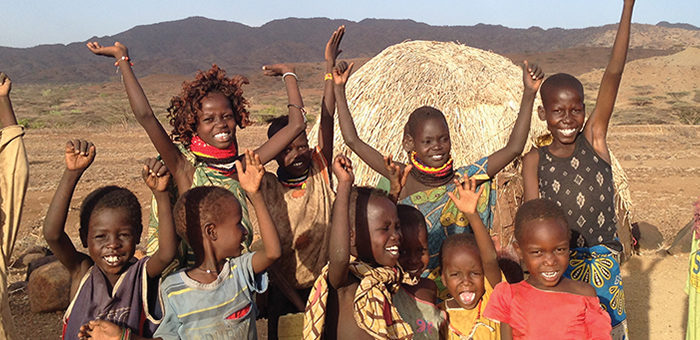Sarah Kropp Brown, NAE vice president of communications and marketing, provides strategic oversight to the organization’s communications, marketing and branding efforts. She also serves as the NAE public relations officer, editor of Evangelicals magazine and producer of Today’s Conversation podcast. She joined the NAE team in 2007, and has served as a board member of the Evangelical Press Association. Kropp Brown graduated with a journalism degree from John Brown University.
President George W. Bush pushed abstinence-plus education to the forefront of discussion when his administration tripled funding to fight HIV/AIDS in Africa and simultaneously touted the Ugandan model, known as ABC, an acronym for Abstain, Be faithful, or use a Condom.
The need for action was great: In 2003, 40 million were living with HIV/AIDS. It was time to move past hang-ups and work together on the pandemic that was destroying a generation in Sub-Saharan Africa.
Response to the President’s proposal was mixed. Some critics feared that the messages of abstinence and faithfulness would overshadow the distribution of condoms. The majority of evangelicals responded positively to this plan, even while it included education and distribution of condoms. The boost in funding and increased attention to the issue was, no doubt, reason for much of the jubilation, but many relief and development organizations recognized the need for clear, consistent and comprehensive messaging and programming in preventing the spread of HIV/AIDS.
“None of our prevention methods or efforts works perfectly,” said Debbie Dortzbach, Senior Health Advisor for World Relief, the humanitarian arm of the NAE. “The condom is not the best approach in a population, because it is not generally used frequently enough or with every sexual act, and is often not in sustainable supply. However, it would be wrong to say the condom is not effective. It is extremely effective to curb the introduction of HIV or to prevent pregnancy when used appropriately. It is best to approach a population with a combination of prevention approaches.”
There is no “one size fits all” policy when dealing with HIV prevention, but with stakes this high, organizations learned to adapt and utilize every weapon they have. World Relief focuses its message on abstinence and faithfulness and does not provide condoms. However, in settings such as pastoral counseling, workshops and HIV support groups, they can recommend where people can get condoms in an effort to protect the lives of those they counsel who do not follow God’s design for sexuality.
“[World Relief] based our policy on values and sound practices that promote life. They may not be easy to follow or popular, but they are behaviors designed not only to protect and promote health, but to embrace and celebrate sexuality as God designed it to be expressed and enjoyed,” Dortzbach said.
Meredith Long, who oversees the HIV/AIDS program for World Concern, said that education and training should be shaped to the behaviors and beliefs of the audience. Education on condoms may be appropriate for some, but not for others.
The prevalence of unexpected pregnancies, and thus abortions, in the United States is a very different issue than the HIV/AIDS pandemic. Rather than a disease to eradicate, pregnancy is a part of God’s natural plan for families. But the loss of life through abortion is not insignificant to that of the HIV/AIDS crisis in Africa. Though the contexts are different, the success in addressing HIV/AIDS with such a comprehensive message may provide a clue as to how to reach an American evangelical community whose sexual behavior matches those outside the Church.
In recent years, evangelical messaging has focused almost solely on abstinence (e.g. the True Love Waits campaign), but has altogether avoided talking about contraception, even though evangelicals tend to accept contraception. In a poll conducted by the NAE in partnership with Gallup, Inc., 90/91 percent of evangelicals find hormonal/barrier methods of contraception to be morally acceptable for adults. An informal poll of the NAE Board of Directors suggested that evangelical leaders agree with the wider evangelical community.
Some are concerned that promoting abstinence while providing information about contraceptives may be confusing or contradictory. Creating the right comprehensive messaging for the right audience is key, and not always easy. American evangelicals should teach and model a robust, joyful vision of sexuality rooted in Scripture, just as our fellow Christians in Africa are working out how to honor God with their bodies. Together we are learning that doing so brings life.
This article originally appeared in the NAE Insight.



 View All Articles
View All Articles 




























